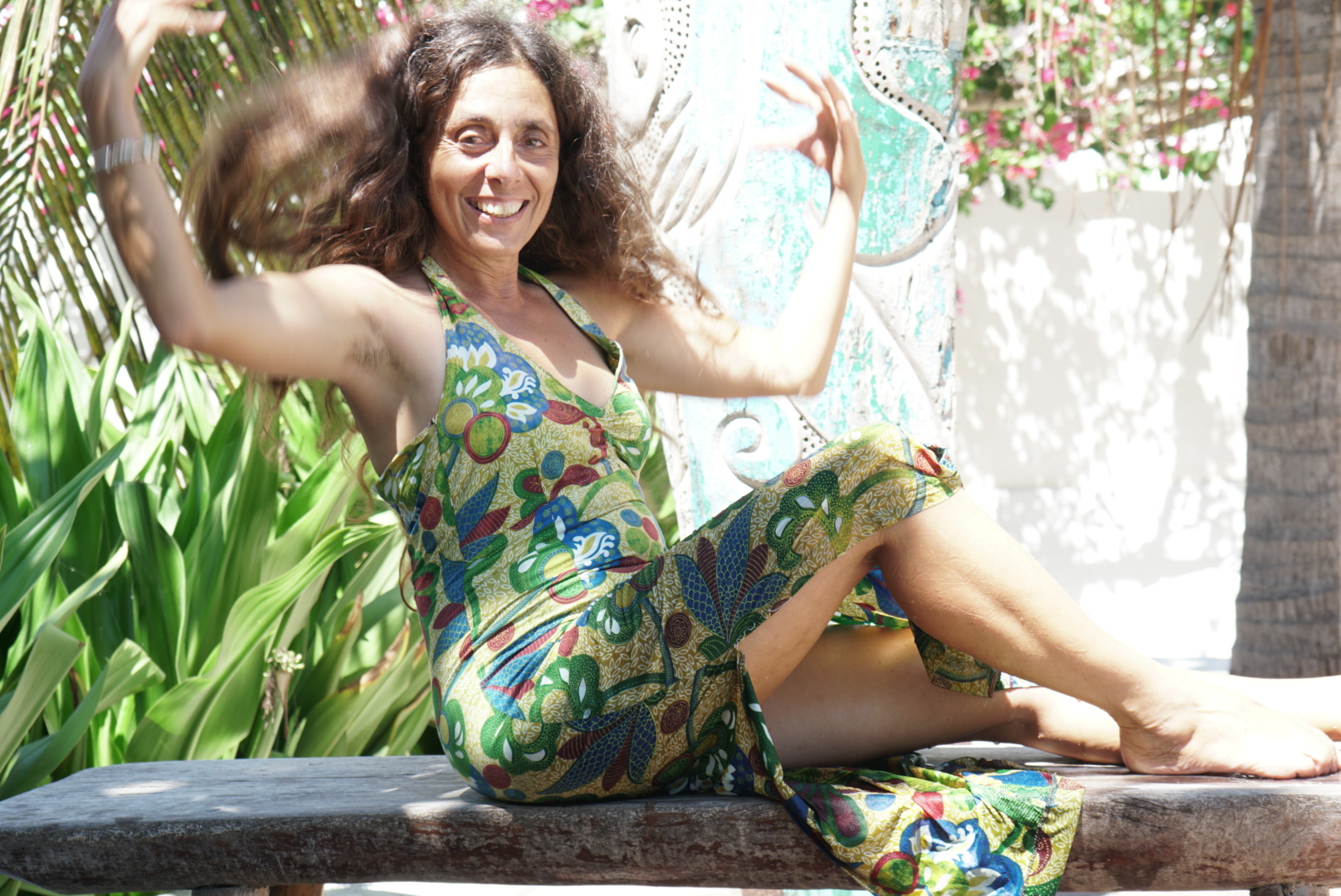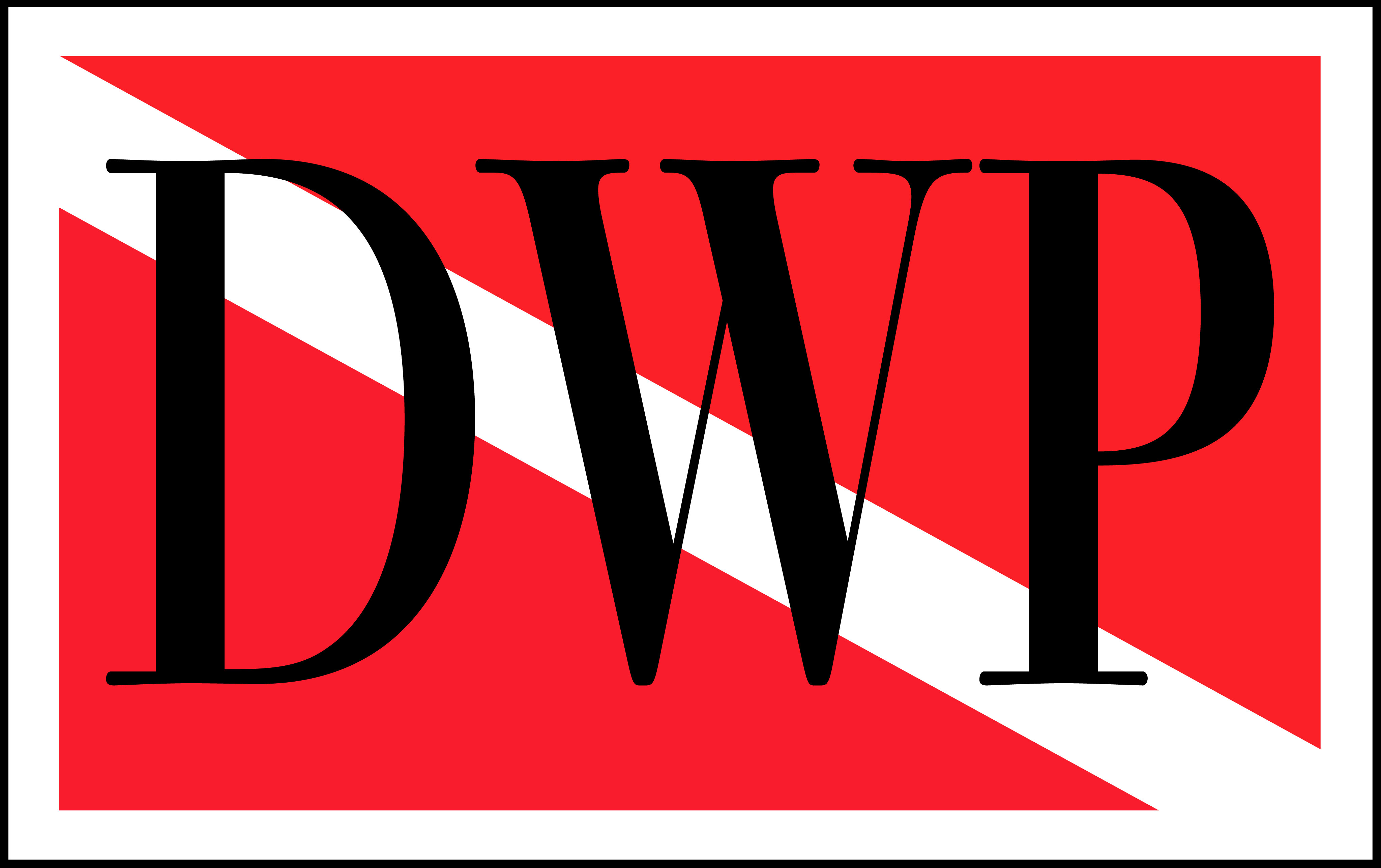
13 Apr Yolanda
You have to love Yolanda and Ricardo Duarte.

I know we Americans bandy this word ‘love’ about recklessly, easily “loving” anything from commodities as banal as minty dental floss (the waxed version, please) or Ciara’s Level Up video (I would “love” to pop my bootie like that!) to our soul mates within 50-year marriages.
But I think the word really does apply in this case.
You have to love Yolanda and Ricardo’s combined spirit, their determination, their absolute commitment – in the face of inertia, bureaucracy and African “salaries” – to unearthing and unleashing the terrestrial and maritime archaeological slave-trading history of Mozambique Island.
Ricardo is a gentle wind on a summer day, quietly present, a soothing soul with a slow and easy smile, while his wife Yolanda is a dust storm, a gale force, a category-five tornado who tears through and upends everything in her wake.
And yet their disparate energies complement and elevate when mixed, particularly when combined on a common mission like sharing the heritage of Ilha de Moçambique. Yolanda tells me that the day she met Ricardo, he sent her a bouquet of yellow roses. “I sent the roses back because I think he gives roses to a lot of women!” she says with a laugh. She didn’t speak to him again for three years. But when they reconnected, it got serious fast, and within five months they were living together and have been inseparable since.
Today, Yolanda is the researcher, the diver, the on-ground coordinator/organizer who makes the Slave Wrecks Project happen on Ilha. She’s the “first to wake up and the last to go to sleep” during a field season, doing a bit of everything, and with the ferocity of a pit bull. And Ricardo is the archaeologist, probably the most well-known and respected in all of Mozambique, and the first maritime archaeologist in the country. He is also a professor at Eduardo Mondlane University. Together, Yolanda and Ricardo run the Centre for Archaeology, Research, and Resources at the São Sebastião Fort on Ilha, which is supported by the government of Mozambique, Eduardo Mondlane University and the Slave Wrecks Project.
So why are Yolanda and Ricardo so invested in this work? Why does the history of Mozambique and the slave trade matter so much to them?
For both, it is a personal matter. The blood of black Mozambicans – however distant – runs through Yolanda’s veins and Ricardo’s claim of Mozambique is absolute.
I can’t easily repeat Yolanda’s ancestry – it’s complicated with enough twists and turns to fill a book. But I can say that her lineage sprouts from wealthy and illustrious slave traders from Portugal who governed the country as well as spirited Africans who spoke up and fought back, including a Makua princess who lived on Ilha and fearlessly traveled to Portugal to fight for the life of her warring Portuguese husband.
Ricardo’s ancestry traces back mainly through Portugal where he was born, and Brazil, where he has native Indigenous ancestors. His great, great grandfather married a Brazilian princess, the daughter of the great chief Arco Verde from Recife. But Ricardo says firmly, “I am Mozambican. I moved here when I was three years old. I have spent my whole life here. This is a fantastic country with a rich cultural heritage, and it is my home.”
Both Yolanda and Ricardo have spent a lot of time researching their ancestry. And you can see how the resulting knowledge shapes them and gives them strength. Perhaps it even gives them permission to be more themselves in the world. It certainly makes the fight in Yolanda’s blood something she can embrace and be proud to also pass on. For Ricardo, perhaps it helps bestow upon him the innate sense of dignity we all sense.
Is it any wonder that Africans in the Americas hunger for such connections and stories as well? That they, too, want stories of courage, of complexity, of nuance, with names and dates – and context? They want more than just stories of horror and pain. They want to be seen as more than the sum total of countless tragedies throughout the centuries.
Yes, yes…but what about those slave wrecks, you might be asking. When do we get to them? Well, searching for these wrecks isn’t easy. They are in pieces across the sea floor, located in difficult areas under multiple jurisdictions, and still not a priority for most governments and institutions.
And so the Slave Wrecks Project has had to weave an intricate web of partners and collaborators to make this project possible … partners like the Duartes who carry the legacy forward and spread it to others across Mozambique. As Ilha residents and proud locals, they help ensure that interlopers don’t swoop in and steal remnants of that history, they support the training of their neighbors to carry forth this work into the next generation and they help share knowledge so that the Makua on Ilha can use this information to uplift themselves and build a new tomorrow.
Thank you, Yolanda and Ricardo!


No Comments